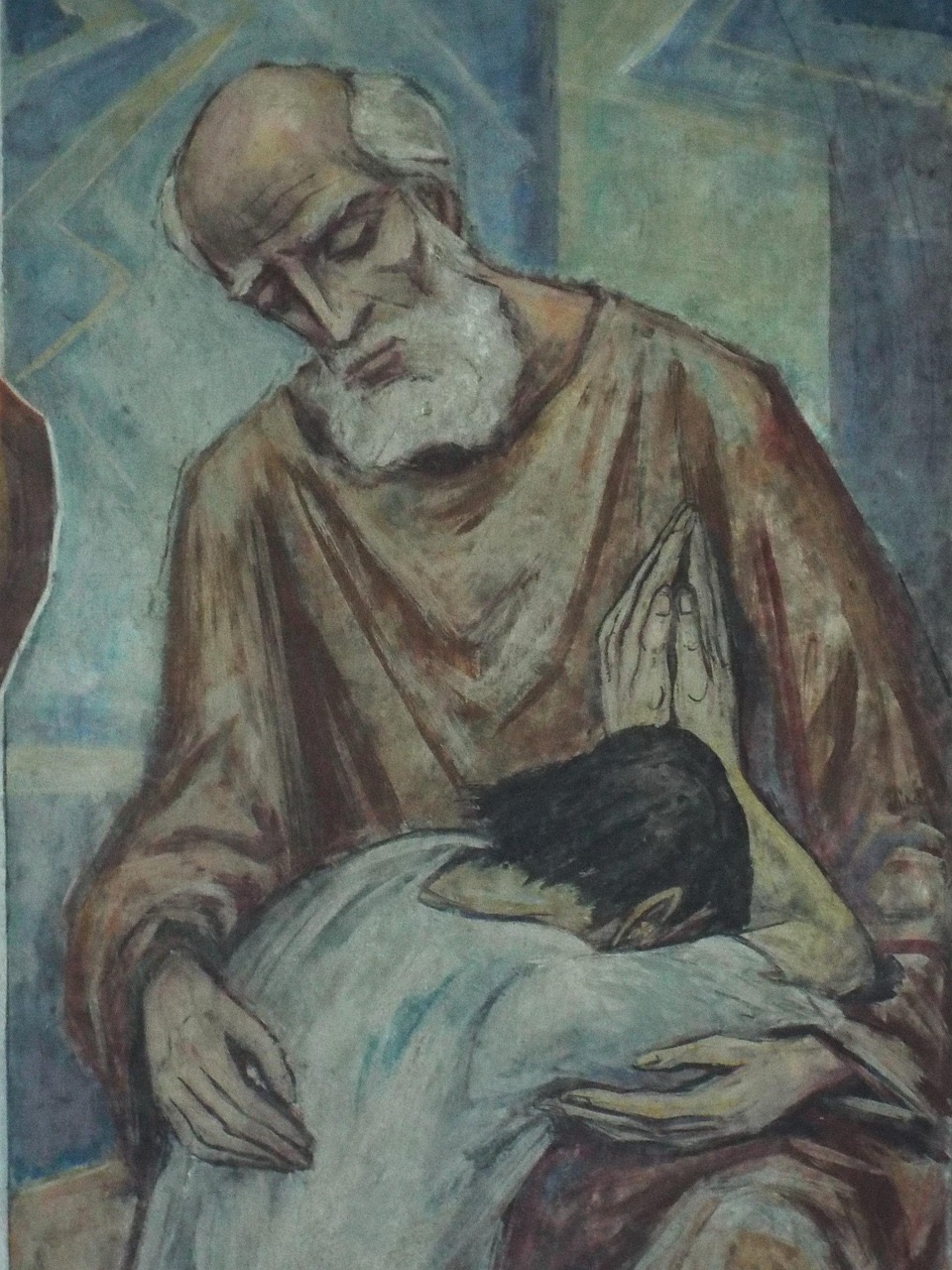“Jesus continued: ‘There was a man who had two sons. The younger one said to his father, “Father, give me my share of the estate.” So he divided his property between them.’” (Luke 15:11-12 NIV)
The story of the “prodigal son” told by Jesus is one that most people know and like. In many way, perhaps we should be calling it the story of“the loving father”. What stands out to many is the love that the father had for his sons.
The request the younger son made of his father doesn’t leave him in a very good light. He wanted his inheritance and he wanted it now! Couldn’t he wait until his father had died? Perhaps he thought that was too long to wait.
It is probably surprising that the father in the story went ahead and divided his property between his sons. Under the Mosaic Law this would mean that it was divided into three parts (as it seems there were only two sons): the older son always received a double portion. So the younger son would have the proceedings from one third of the estate, which would still be a substantial amount.
If we realise that the father in the story represents God I think we can better understand why he did this. God doesn’t force anyone to follow him but allows us to go our own way, even squandering the blessings that he freely gives us. This shows his love for us.
We probably bristle a bit as we see the younger son leave home to make his own way in the world and then wasting what his father had given him. Rather than making friends he found people that used him while saying that they were his friends. They were his “friends" until the money ran out – then they left him in pursuit of the next party and the next person who had money to burn.
It takes arriving at a low point in life, being forsaken and destitute, sometimes to get us to wake up and think straight – this is what happened to the son.
“When he came to his senses, he said, ‘How many of my father’s hired servants have food to spare, and here I am starving to death! I will set out and go back to my father and say to him: Father, I have sinned against heaven and against you. I am no longer worthy to be called your son; make me like one of your hired servants.’ So he got up and went to his father.” (Luke 15:17-20)
Although the grass looked greener somewhere else, when he arrived there he discovered that he really had it quite good back at home. He resolved to return, realising due to the way he had treated his father and squandered his inheritance that he could not expect his father to take him back. Perhaps, though, he would allow him to work on an “as needed” basis as a hired servant.
This, then, leads to the beautiful picture of the father.
“But while he was still a long way off, his father saw him and was filled with compassion for him; he ran to his son, threw his arms round him and kissed him.” (Luke 15:20)
What does this tell us about the father? That he was looking for his son to come home. It would seem that he was daily looking, as he saw him a long way off and ran to meet him. He welcomed him back as his beloved son, and, rather than making him a servant, gave him everything that a son would have. He welcomed him back into the family with no restrictions.
Isn’t that the way God treats us when we forsake him? He welcomes us back with loving arms into full fellowship with him. Often when someone returns after having left the Lord some may want to put restrictions on them. We don’t find this in scripture.
What we know is that God loves us and we need to love each other – which is what the remainder of this story is about.
Image by pumukel from pixabay.com. Free for use.
Readings for next week: Luke 12-16
- Is it all a show? - 2026-02-27
- The accuracy of the Bible’s prophecies - 2026-02-20
- Praying for each other - 2026-02-13
